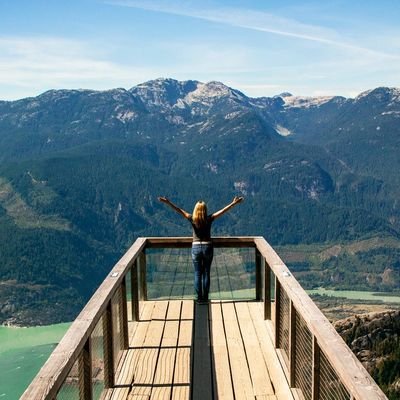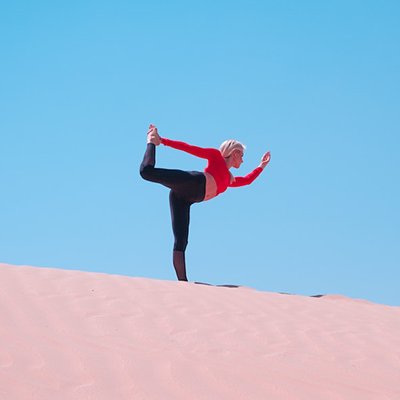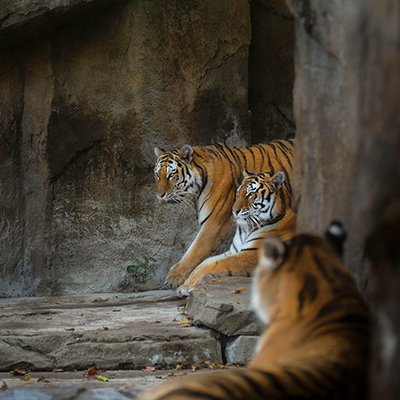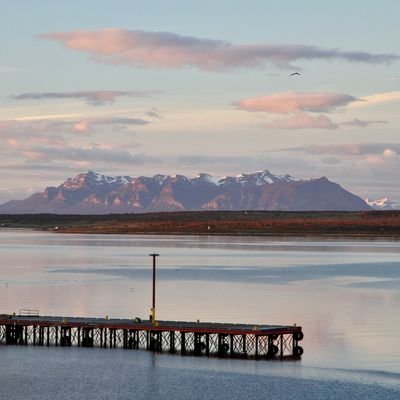If solitude is high on your priority list for a holiday destination in 2025, then the Global Relaxation Index has several ideas to help you find that peaceful place.
Admittedly, travelling is getting busier by the year. Once favourite holiday spots are becoming overcrowded with additional concerns about urban sprawl, crime and even tensions between locals and holidaymakers as seen in Spain recently.
That’s when BookRetreats.com came up with the Holiday Relaxation Report, which posed the question: where can travellers find genuine peace and quiet?
The report analyzed 76 destinations by considering various factors: safety, solitude, serenity, nature, and wellness. The rankings were based on nine data points, such as protected areas, forest coverage, crowd density, noise and light pollution, global peacefulness, and wellness offerings. Each destination was scored from 1 to 100 to establish the Global Relaxation Index.
Australia claimed the top spot as the world’s most relaxing holiday destination, scoring 73.8 out of 100 on the index. Key to this ranking is the country’s vast open spaces, which have evaded the over-tourism seen elsewhere.
Australia maintained a peaceful environment with only 3.4 people per square kilometre. It also has many natural landscapes, with 30% of the country protected thanks to its 704 national parks, the highest number of national parks in the study.
As number one, the country also offers 4,700 wellness experiences, enabling travellers to unwind whether it be in thermal springs, practising yoga on empty Tasmanian beaches, or retreating to luxury eco-lodges in the Outback.
Australia offers what crowded European destinations have lost: space to breathe. While Italy struggles with tourism overflow, Australia hosts 50 million fewer annual visitors across an area 25 times larger.
Canada claimed second place with 3.9 people per km2, North America’s only destination in the top 25. Iceland, Finland, and New Zealand complete the top five, all sharing a crowd density below 20 people per km2.
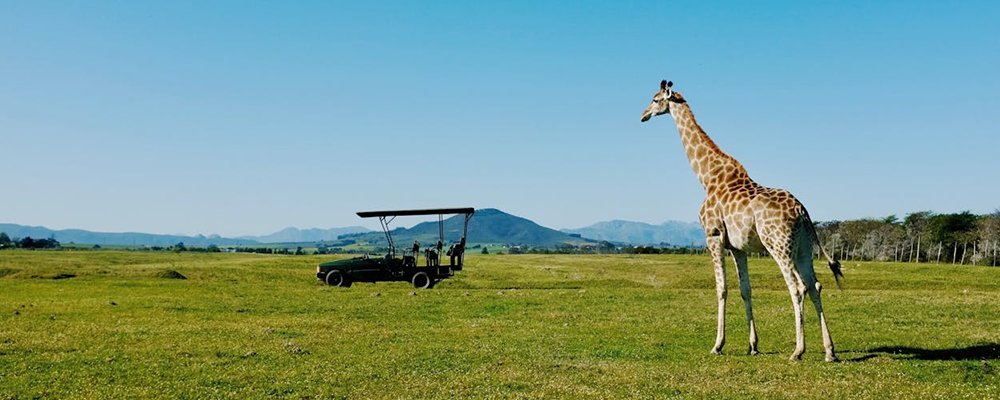
Destinations that protect their natural spaces is another important indicator. Australia, New Zealand, Austria (6), and Botswana (11) all preserve nearly 30% of their country, which includes numerous national parks, wetlands, marine areas, and forests.
Interestingly, Botswana and Namibia were placed in the top 25, outranking traditional favourites for relaxation like Greece, Costa Rica, France, and Thailand. Both African nations offer vast open spaces averaging less than five people per km2. They also rank among the 65 most peaceful countries on the Global Peace Index, which includes security indicators such as violent demonstrations, terrorism impact and homicide rates.
When it comes to wellness and nature, few places can compete with Japan. The country ranks 15th globally for relaxation, becoming Asia’s most relaxing destination for 2025. Visitors can explore over 9,000 unique wellness experiences, and forests cover more than half of the country’s land area (66.99%).
Sean Kelly, Co-founder of BookRetreats.com, commented: “The Global Relaxation Index confirms what many travellers already sense: the places we once visited for peace and quiet have become victims of their own popularity.
“What’s fascinating is how the map of relaxation has shifted. The most peaceful escapes now lie in vast wilderness destinations like Australia and Canada or in Northern European nations that combine safe environments with naturally calm city life.
“As we look to 2025 and beyond, destinations that protect their serenity—whether through untouched wilderness or mindful urban living—will become the new standard for relaxation travel.”
The Top 25 nations for relaxation as defined by BookRetreats.com are:
1. Australia
2. Canada
3. Iceland
4. Finland
5. New Zealand
6. Austria
7. Sweden
8. Estonia
9. Norway
10. Portugal
11. Botswana
12. Croatia
13. Germany
14. Montenegro
15. Japan
16. Spain
17. Bulgaria
18. Lithuania
19. Czechia
20. Malaysia
21. Switzerland
22. Poland
23. Namibia
24. Netherlands
25. Denmark
 Andy Probert is an independent journalist who writes about global travel news, airlines, airports, and business. His work has appeared globally on the BBC, and in many national newspapers and magazines.
Andy Probert is an independent journalist who writes about global travel news, airlines, airports, and business. His work has appeared globally on the BBC, and in many national newspapers and magazines.



